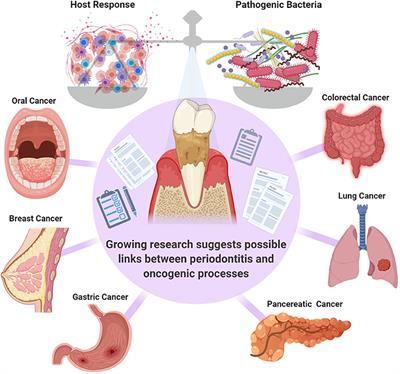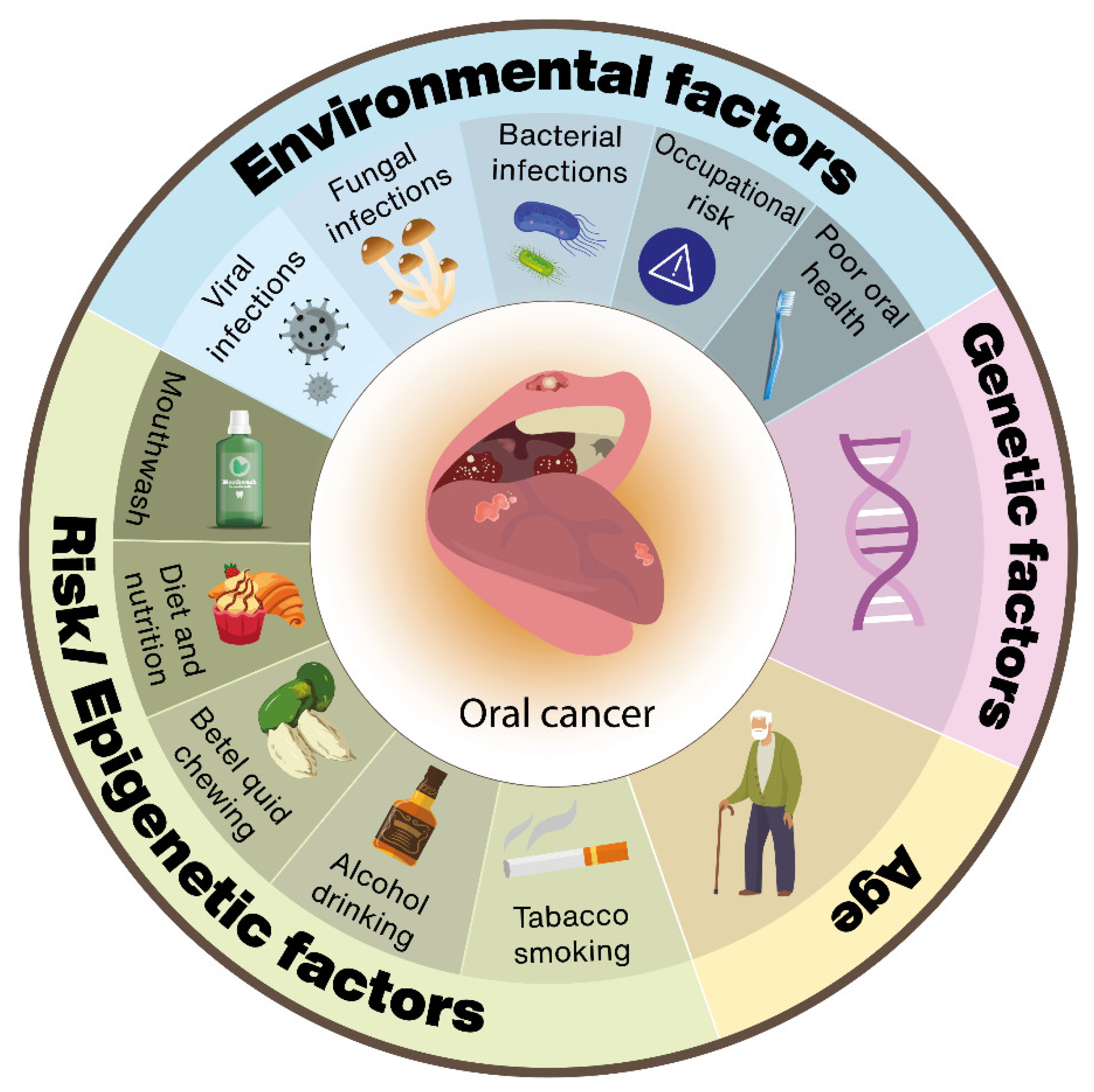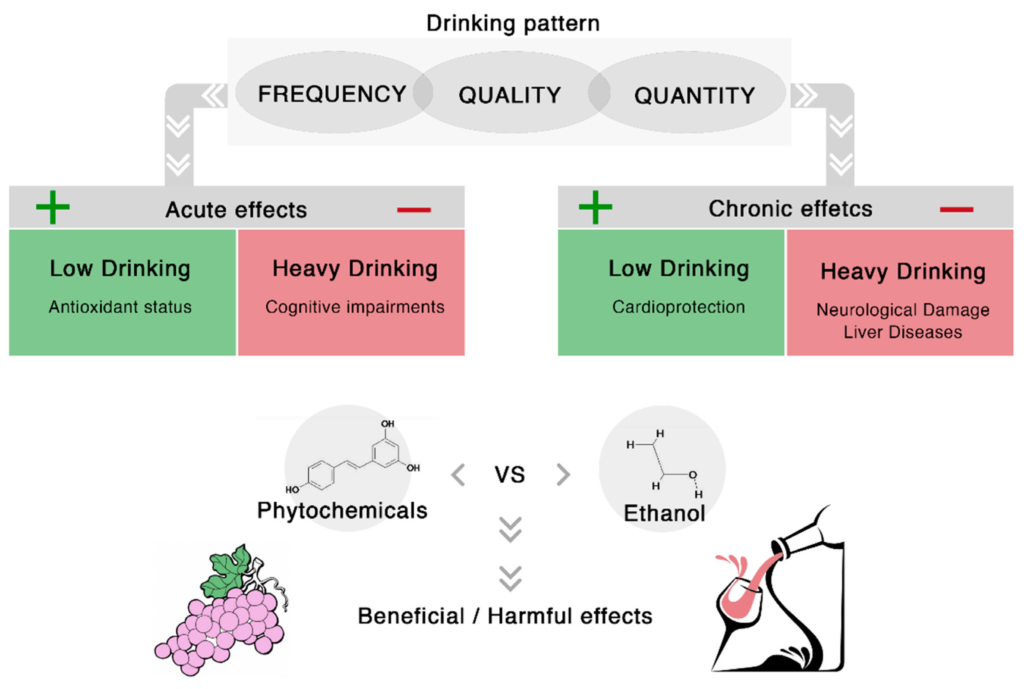Did you know that oral cancer affects millions of people worldwide?
At Sun City West Dental, we believe in the importance of educating our patients about the causes and risk factors associated with oral cancer. By understanding the various factors that can contribute to this disease, you can take proactive steps towards prevention and early detection.
What are the main causes of oral cancer?
While smoking and tobacco use are well-known risk factors for oral cancer, it’s essential to recognize that other lifestyle choices and genetic factors can also play a significant role. Excessive consumption of alcohol, prolonged exposure to the sun without proper protection, and a weakened immune system can increase the likelihood of developing oral cancer.
Are there any additional risk factors?
Yes, certain strains of the human papillomavirus (HPV), a sexually transmitted infection, have been linked to oral cancer. Additionally, age, gender, and a family history of oral cancer can also contribute to a higher risk of developing the disease.
Early detection is key in effectively treating oral cancer, which is why routine dental check-ups are crucial. Our expert team at Sun City West Dental is dedicated to providing comprehensive oral care, including screening for oral cancer, to help ensure your optimal oral health.
Protect your smile. Schedule your appointment with Sun City West Dental today and let us help you understand and reduce your risk of oral cancer.
Basic Information about Oral Cancer
Oral cancer, also known as mouth cancer, is a type of cancer that occurs in the oral cavity and surrounding areas. It can affect the lips, tongue, cheeks, floor of the mouth, roof of the mouth, gums, and throat. Oral cancer usually originates in the squamous cells that line the inside of the mouth and is often linked to tobacco use, alcohol consumption, and the human papillomavirus (HPV) infection.
Oral cancer can be life-threatening if not diagnosed and treated early. The symptoms can vary, but common signs include a sore in the mouth that does not heal, pain or difficulty swallowing, a lump or thickening in the mouth or neck, persistent mouth or ear pain, and noticeable changes in the voice or speech.
Regular check-ups with a dentist play a crucial role in the early detection of oral cancer. During a dental exam, the dentist will carefully examine the mouth, lips, tongue, and throat for any abnormalities or signs of cancer. Additionally, other diagnostic tests, such as biopsies and imaging scans, may be recommended to confirm a diagnosis.
If oral cancer is detected, treatment options may include surgery, radiation therapy, and chemotherapy. The specific choice of treatment depends on the stage of the cancer, its location, and the patient’s overall health. In some cases, a combination of treatments may be necessary to effectively treat oral cancer.
Prevention is key when it comes to oral cancer. To reduce the risk of developing oral cancer, individuals should avoid tobacco products, limit alcohol consumption, practice good oral hygiene, and protect the lips from excessive sun exposure. Additionally, the HPV vaccine can provide protection against oral HPV infections, which are a known risk factor for oral cancer.
If you have any concerns about oral cancer or would like to schedule a dental exam, please contact Sun City West Dental. Our experienced team is dedicated to providing comprehensive oral health care and ensuring early detection of any potential issues.
Common Causes of Oral Cancer
Oral cancer is a serious disease that can have severe consequences if not detected and treated early. While there is no definitive way to prevent oral cancer, there are several common causes and risk factors that increase the likelihood of developing the disease. It is important to be aware of these factors and take necessary precautions to reduce the risk.
Tobacco Use: Smoking cigarettes, cigars, pipes, and using smokeless tobacco products can significantly increase the risk of developing oral cancer. The harmful chemicals in tobacco can damage the cells in the mouth and throat, leading to the development of cancerous cells.
Heavy Alcohol Consumption: Drinking alcohol in excess can also contribute to the development of oral cancer. Alcohol can irritate the cells in the mouth and throat, making them more susceptible to the harmful effects of tobacco and other carcinogens.
HPV Infection: Human papillomavirus (HPV) is a sexually transmitted virus that has been linked to oral cancer. Certain strains of HPV, such as HPV16, can increase the risk of developing oral cancer. Practicing safe sexual behavior can help reduce the risk of HPV infection.
Sun Exposure: Prolonged exposure to the sun can increase the risk of lip cancer. Using sunscreen or lip balm with SPF protection, wearing a hat, and seeking shade can help reduce the risk of developing lip cancer.
Poor Oral Hygiene: Neglecting proper oral hygiene, including regular brushing and flossing, can lead to an increased risk of oral cancer. Poor oral health can create an environment where cancerous cells can thrive.
It is important to note that while these factors can increase the risk of developing oral cancer, not everyone who has these risk factors will develop the disease. Additionally, there may be other factors and influencers that contribute to the development of oral cancer. Regular dental check-ups and screenings are essential for early detection and treatment.
Risk Factors for Oral Cancer

Oral cancer can affect anyone, but there are certain risk factors that increase the chances of developing the disease. It is important to be aware of these risk factors to make informed decisions about your oral health. Here are some common risk factors for oral cancer:
- Tobacco use: Smoking cigarettes, cigars, or pipes, as well as using smokeless tobacco products, increases the risk of oral cancer.
- Alcohol consumption: Heavy drinking can also increase the risk of developing oral cancer. The risk is higher for those who both smoke and drink heavily.
- HPV infection: Certain strains of the human papillomavirus (HPV) can increase the risk of developing oral cancer.
- Age: The risk of oral cancer increases with age, and most cases are diagnosed in individuals over the age of 40.
- Poor oral hygiene: Neglecting proper oral hygiene, such as brushing and flossing regularly, can contribute to the development of oral cancer.
- Poor diet: A diet low in fruits and vegetables, and high in processed foods, can increase the risk of oral cancer.
- Excessive sun exposure: Prolonged exposure to the sun can increase the risk of lip cancer.
- Family history: Having a family history of oral cancer or other types of cancer can increase the risk of developing the disease.
While these risk factors may increase the chances of developing oral cancer, it is important to remember that not everyone with risk factors will develop the disease, and some individuals without any risk factors may still be diagnosed with oral cancer. Regular dental check-ups and oral cancer screenings can help detect the disease early and improve treatment outcomes.
If you have any concerns about your oral health or if you have any of these risk factors, it is important to schedule an appointment with Sun City West Dental for a thorough examination and to discuss any potential risks.
Tips for Preventing Oral Cancer
Preventing oral cancer starts with adopting healthy habits and being proactive about your oral health. Here are some tips to help reduce your risk:
1. Practice good oral hygiene: Brush your teeth twice a day and floss daily to remove plaque and bacteria that can contribute to oral cancer. Use a fluoride toothpaste and consider using an antimicrobial mouthwash for added protection.
2. Avoid tobacco products: Smoking and using smokeless tobacco products significantly increase your risk of developing oral cancer. Quitting smoking and avoiding all forms of tobacco is one of the most effective ways to prevent oral cancer.
3. Limit alcohol consumption: Heavy alcohol consumption is linked to an increased risk of oral cancer. If you drink alcohol, do so in moderation and consider abstaining altogether to reduce your risk.
4. Protect your lips from sun exposure: Prolonged sun exposure can increase the risk of lip cancer. Use lip balm with a high SPF and wear a wide-brimmed hat or seek shade when spending time outdoors.
5. Eat a healthy diet: A diet rich in fruits and vegetables can help lower the risk of oral cancer. Include a variety of colorful fruits and vegetables in your daily meals to ensure you are getting a wide range of nutrients that support overall oral health.
6. Visit your dentist regularly: Regular dental check-ups can help detect any early signs of oral cancer. Your dentist can perform an oral cancer screening and provide guidance on maintaining good oral health.
7. Be aware of the signs and symptoms: Stay vigilant and consult your dentist if you notice any unusual changes in your mouth, such as persistent mouth sores, difficulty swallowing or chewing, or changes in the color or texture of your mouth tissues.
By following these tips, you can reduce your risk of developing oral cancer and maintain a healthy smile for years to come.
Importance of Regular Dental Check-ups

Regular dental check-ups are crucial in maintaining good oral health and preventing oral cancer. Dentists are trained to identify early signs of oral cancer and other dental diseases that may go unnoticed by the patient. These check-ups allow for early detection and treatment, increasing the chances of successful outcomes.
During a dental check-up, dentists thoroughly examine the mouth, gums, and teeth for any abnormalities or signs of potential problems. They may also perform additional tests, such as dental X-rays or oral cancer screenings, to ensure a comprehensive evaluation.
Early detection of oral cancer is essential because it is a highly treatable disease when diagnosed at an early stage. However, if left undetected and untreated, oral cancer can spread to other parts of the body and become life-threatening.
In addition to detecting oral cancer, regular dental check-ups help to maintain good oral hygiene and prevent dental issues such as cavities, gum disease, and tooth decay. Dentists can provide professional cleanings, remove plaque and tartar buildup, and offer advice on proper oral care techniques.
Furthermore, dental check-ups allow dentists to assess the overall health of the patient. They may detect signs of systemic diseases such as diabetes, vitamin deficiencies, or osteoporosis, which can manifest in the oral cavity. Early detection of these conditions can lead to timely treatment and better overall health outcomes.
In conclusion, regular dental check-ups are instrumental in preventing and detecting oral cancer and other dental issues. By scheduling routine visits to Sun City West Dental, patients can ensure their oral health is in excellent condition and catch any potential problems before they worsen.

